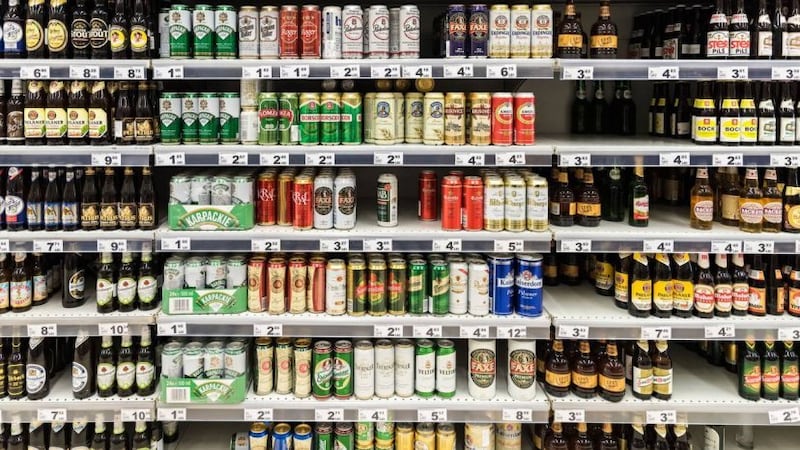Photo: NZME
The country’s 20 district health boards have taken the unusual step of uniting to demand the government cut alcohol availability and put Te Tiriti at the centre of decision making.
The DHBs say Aotearoa’s relationship with booze is at crisis point with latest stats revealing alcohol-related harm costs the economy $7.8 billion a year, while tax on alcohol barely touches the sides, netting just $1 billion a year.
The authors say one in four of the country’s drinking population is considered ‘hazardous’.
In a 17-page report the DHBs skewer the 2012 Sale and Supply of Liquor Act with co-author Northland DHB chief executive Nick Chamberlain saying it fails to meaningfully tackle alcohol-related harm, with digital developments like Uber Eats only making things worse.
The report advocates urgently reducing the hours alcohol can be sold to 9pm and introducing a minimum price for drinks. It also advocates restrictions to cut booze advertising. The moves could save cash-strapped DHBs and their emergency rooms up to $4 billion a year it says.
Dr Tony Farrell, Chair of Alcohol Action NZ, a group focused on harm reduction, is backing the DHBs' recommendations saying the moves have already been met with success overseas in countries like the UK.
Cut assaults and reduce chronic diseases
“Less cheap alcohol and a reduction in places and times alcohol is sold will lower levels of disorder and assault, and consuming less also reduces chronic diseases such as liver disease and cancer” he said.
Covid-19 lockdowns have only worsened Kiwis' relationship with the bottle according to Northland's Te Hiku, which sounded the alarm this month saying booze was the leading contributor to lockdown police callouts in its rohe.
"The fact that the sale of alcohol remotely is permitted by the Far North District Council without restrictions is hugely concerning to our iwi. What we are now seeing as a result are unacceptable and preventable reports of family violence." Te Hiku iwi Development chief executive Carol Berghan told Te Ao Māori News.
District health boards cite colonisation as a central cause of alcohol harm, arguing the correlation between Aotearoa and the UK’s binge-drinking culture is irrefutable. They say a Treaty-centric approach to allow Māori a say in where alcohol is sold and when new licenses are granted should be a prerequisite to reform.
The DHB calls come amid a defeat for Tāmaki alcohol retailers in the Court of Appeal this week.
Auckland Council has been successful in attempting to restrict alcohol sales to 9pm at supermarkets in the region. But legal analysts say opposition from Foodstuffs (owner of New World and Pak’nSave) and Woolworths NZ, (owner of Countdown), which are advocating for the status quo of 11pm means the court action is far from over.
Review 'on the way'
The DHBs argue the court battle is an example of why moves are needed on a national level.
In response to the report Justice Minister Kris Faafoi agreed that reform appeared necessary and a review was "on the way", but its timing and scope would be subject to Cabinet consideration and approval.
Former prime minister and reform advocate Sir Geoffrey Palmer told Stuff this week "proper regulation" would not be popular with industry, saying in 2008 he led an inquiry which recommended increasing the price , and restricting advertising and sponsorship opportunities by booze brands.
The government adopted “pretty well all the recommendations. Except the ones that would have made a difference,” he said.

